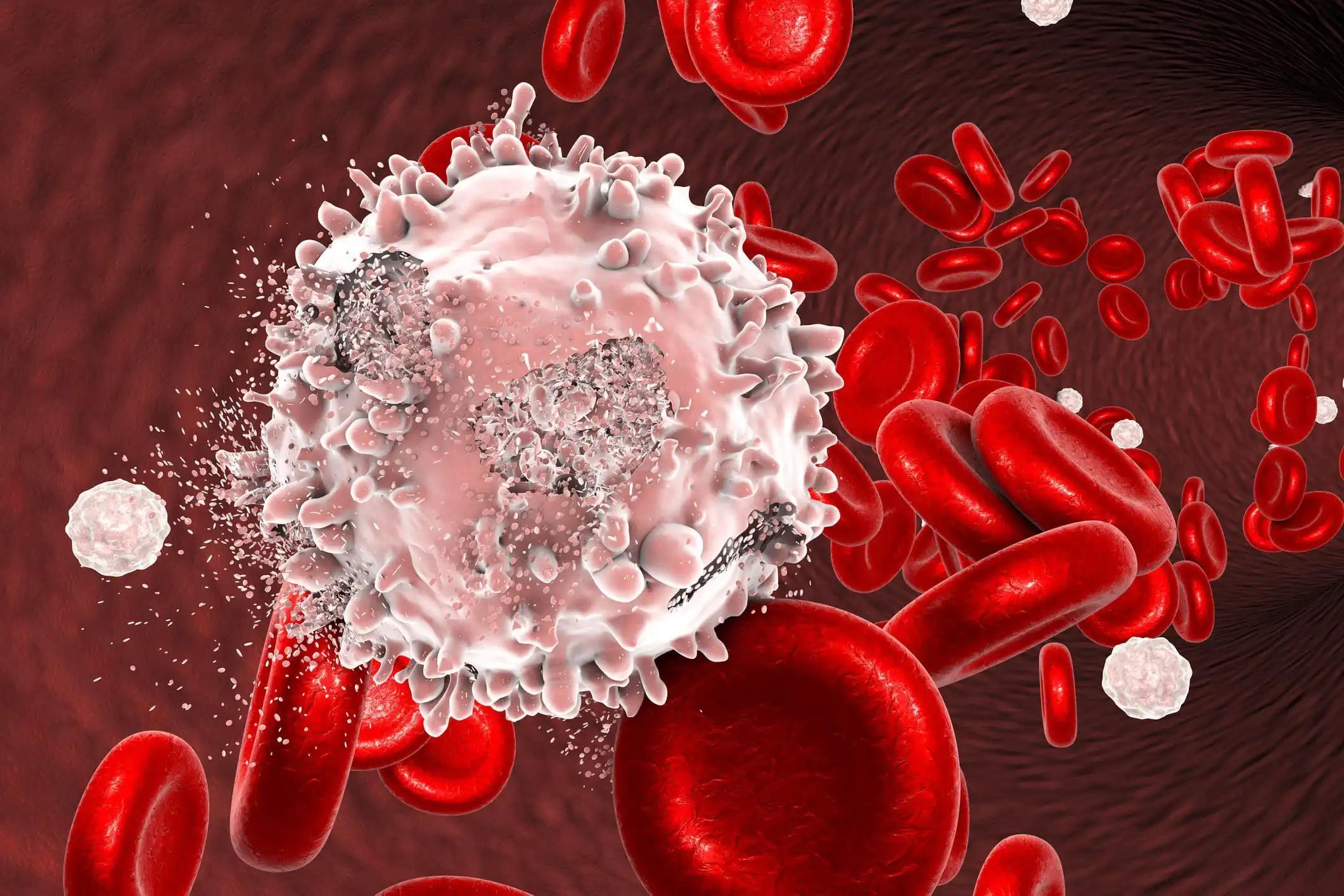KEY TAKEAWAYS
- The HD21 phase III trial aimed to evaluate the efficacy and safety of the novel BrECADD vs BEACOPP regimen for the treatment of pts with AS-cHL.
- The co-primary endpoints were TRMB and PFS.
- BrECADD outperforms BEACOPP, reducing relapse risk by a 3rd year and setting a new benchmark in AS-cHL treatment.
The trial was based on the hypothesis that therapy with the novel – brentuximab vedotin, etoposide, cyclophosphamide, doxorubicin, dacarbazine, dexamethasone (BrECADD) regimen, guided by positron emission tomography (PET)-2 (after 2 cycles), could enhance treatment outcomes for patients (pts) with advanced-stage classical Hodgkin lymphoma (AS-cHL). The BrECADD regimen was designed to offer better tolerability and reduced treatment-related morbidity compared to the established- bleomycin, etoposide, doxorubicin, cyclophosphamide, vincristine, procarbazine, prednisone (BEACOPP) regimen.
The past findings from the trial indicated a substantial decrease in terms of treatment-related morbidity (TRMB), with a relative risk of 0.72 (95% CI, 0.65-0.79) endorsing BrECADD, and continuous significant benefits observed across all relevant subgroups. Improved tolerability was obvious as 77.8% of pts in the BrECADD group were able to receive full dose treatment at cycle 4, compared to 58.5% in the eBEACOPP group. The trial included a plan for confirmatory superiority testing of efficacy after establishing non-inferiority.
Peter Borchmann and the team reported a final confirmative analysis of the HD21 trial testing for the superiority of progression-free survival (PFS).
Researchers selected pts diagnosed with AS-c HL aged 18-60, those were randomized to receive either individualized 4 or 6 cycles of BEACOPP or BrECADD, guided by PET2 results. The co-primary endpoints were TRMB and PFS.
A 4-year follow-up for superiority testing was planned, and an adjusted alpha level of 0.047 was required to cross the efficacy boundary for superiority. The trial was conducted following ICH-GCP guidelines.
The results revealed that the intention-to-treat (ITT) cohort for efficacy testing comprised 1482 pts, with 742 randomized to receive BrECADD and 740 to BEACOPP. Median age was 31.1 years (range 18 to 60), and 44% were female. PET2 results were negative in 424 (57.5%) and 426 (58.2%) pts receiving BrECADD or eBEACOPP, respectively, who were scheduled for 4 treatment cycles.
A median follow-up of 48 months, BrECADD demonstrated a 4y-PFS of 94.3% (95%-CI 92.6-96.1), compared to 90.9% (95%-CI 88.7-93.1) for BEACOPP (hazard ratio 0.66 [95% CI 0.45-0.97], P=0.035). The PFS benefit of BrECADD was primarily due to fewer early treatment failures, including primary progression within 3 months (5 vs. 15) or early relapse between months 3 and 12 (11 vs. 23), and was consistent across age, gender, and IPS risk groups.
Among PET2-negative pts, BrECADD achieved a 4-year PFS of 95.5%, while PET2-positive pts reached 92.5%. Overall survival (OS) at 4 years was 98.5% for BrECADD and 98.2% for BEACOPP.
The study concluded that BrECADD demonstrates greater efficacy vs BEACOPP, attaining a considerably high 4y-PFS and reducing progression/relapse risk by a third. Shortened treatment duration for most pts, coupled with favorable tolerability and feasibility, establishes PET2-individualized BrECADD as a groundbreaking standard in adult AS-cHL treatment.
The study was supported by a research grant from Takeda Oncology and the trial was sponsored by University of Cologne.
Source: https://library.ehaweb.org/eha/2024/eha2024-congress/422329
Clinical Trial: https://www.clinicaltrials.gov/study/NCT02661503
Borchmann P, Moccia A, Greil R, et al. (2024). “The randomized study GHSG HD21 shows superior tolerability and efficacy of BrECADD versus BEACOPP in advanced stage classical Hodgkin lymphoma.” Presented at EHA 2024. (abstr 422329; S225), https://library.ehaweb.org/eha/2024/eha2024-congress/422329



